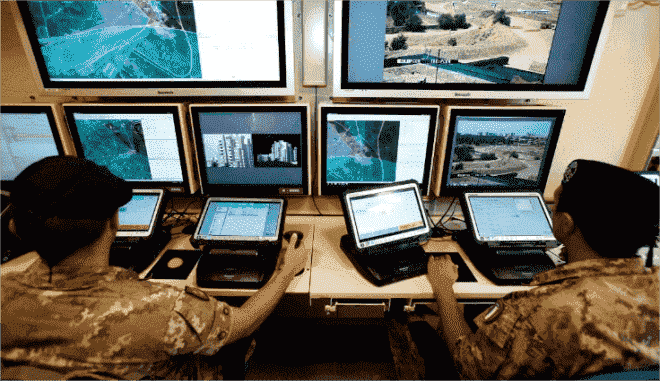What are the skills of an intelligence analyst?
The task of an intelligence analyst is to translate raw information found through
various sources into complete information. For example, an intelligence analyst must
put together all the information found, interpret it, and make judgments or
predictions in order to provide decision support to the client.
The role of
the intelligence analyst can be found in both the public and private sectors. The
public sector includes provincial and municipal intelligence departments as well as
government agencies. The private sector includes think tanks and businesses, among
others.

Intelligence analysts are experts
Douglas MacEachin, a
former CIA officer and analyst, defines intelligence as "a cognitive profession,"
meaning it is about identifying anomalies and patterns in someone's behavior that
may explain past events or may foreshadow future developments.
In some
contexts, intelligence analysts must gather information from a variety of sources to
prevent attacks, identify new challenges, or assess threats. The ultimate goal is to
advise policy actors on a particular issue, providing tools to respond and thus
support in future planning.
Intelligence analysts must carefully research
and consider multiple sources and make fact-based analytical judgments to inform
public and private sector actors.
Skills of an intelligence
analyst
It starts with the need to research and gather
relevant information. Just because there is a lot of information does
not mean it is all useful or correct. Intelligence analysts must determine what is
needed and filter and prioritize. Always be aware of areas of interest and relevant
events, and assess the validity, reliability and importance of the information.
The
next step is to think outside the box in an original way. If all
analysts think in the same way, the results of the analysis will always be the same.
Intelligence analysts must be rigorous and creative in considering the
interpretation of missing or contradictory data.
Analytical and
factual conclusions are then drawn. Not be guided by biases dictated by
past experience and previous conclusions on the subject. The intelligence analyst
must be able to distinguish what he knows from his personal opinion.
In a further step be able to judge himself and question the
results. The intelligence analyst must know how to question his own
assumptions.
Finally, communicate the results through a detailed
report or presentation so that the client can be fully informed.
Language is not binding when searching for information, languages other than
the native language or even minor languages this would be an advantage as it allows
intelligence analysts to gather information from multiple sources and understand the
different nuances and contexts.